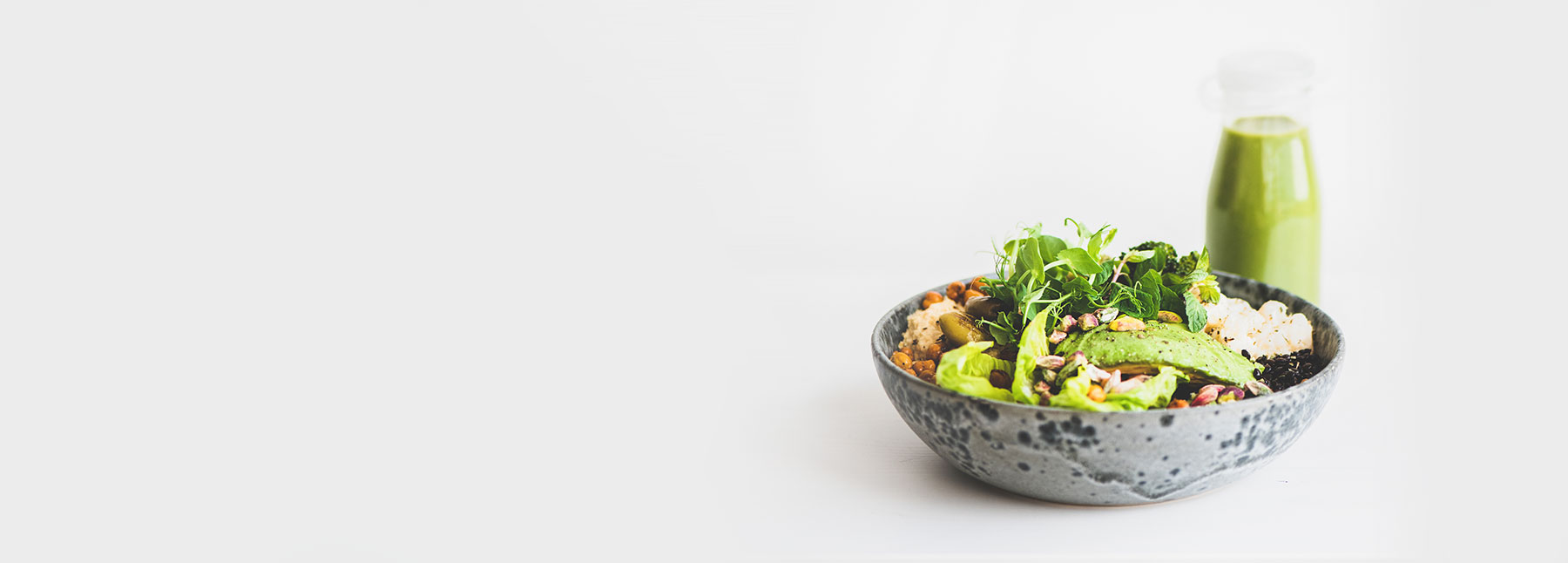During the COVID-19 pandemic, many countries are applying strict measures to help reduce virus spread. As a result your access to fresh food may be limited, which could lead to a higher consumption of processed foods. A healthy and nutritious diet is vital for overall health and wellbeing.
General dietary recommendations:
Prepare in advance
Prepare your weekly menu before you do the groceries. It will allow you to buy what you really need and avoid food waste or overeating. It is also a good way to allow everybody to have access to food.
Prioritise fresh foods
Prioritise fresh foods if they are available and use them first. Fresh foods are usually richer in nutrients, but you can also freeze your leftovers or buy frozen fruits and vegetables, which have a similar nutrient profile.
Cook from scratch
Take advantage of the situation and use your time to prepare your own meals. Do you have a favourite recipe that you always wanted to cook but you never found the time? Now you have the opportunity. Be creative with the ingredients available to you, find inspiration in your cook books, on the Internet or even try to improve on old family recipes (we know that’s not easy!).
Get a delivery
Treat yourself with an occasional restaurant delivery. Despite restrictions, many local businesses are delivering food. Fancy going out on a Saturday night but can’t? Explore which local and healthy options are available to you. Set the table, take out your best tableware and dine out at home.
Avoid overeating
Boredom can lead to overeating, however, considering our range of movement it is limited now, we will need even less calories than we needed before the confinement. Therefore, overeating without calorie burn could lead to weight gain.
Limit your salt intake
With less fresh food available you may be eating more processed or canned food which is high in salt. Avoid adding extra salt by seasoning food with herbs and spices. Ensure you rinse your canned food and pickles to remove excess of salt and when shopping choose foods with reduced or no added salt.
Balance your blood sugar levels
It is vital to stabilise energy levels throughout the day, to help avoid fluctuations in mood and compound what is already a stressful period. Blood sugar levels are linked to cortisol levels, the stress hormone. Therefore an energy imbalance can impact on mood.
- When you crave for something sweet, opt for a healthy snack such as fruit (fresh, frozen or dried) or dark chocolate (85%)
- Avoid or reduce chocolate bars, low fat products (they are high in sugar), syrups, sweets, cookies, soft drinks and sweetened beverages, and do not add sugar or honey to your foods
- Add proteins and increase fibre consumption, to allow a slower absorption of carbs. If you eat fruit as snack, add some nuts as a protein source
Limit fat in your diet
Limit your fat intake, and opt for healthy fats instead of trans fats. Trans fats are common in baked foods, fried foods and processed foods. Where possible include healthy fats such as nuts (unsalted and unsweetened), oily fish and avocado.
Stay hydrated
Aim to drink approximately two litres of water per day. Avoid soft drinks and energy drinks, and limit tea, coffee and alcohol consumption. If you do not like plain water, add some fruit slices, mint or berries.
Drink alcohol in moderation
Alcohol can depress our immune system, which needs to be strong especially in the current pandemic situation. Drinking too much alcohol won’t help you to cope with this stressful period but can exacerbate mental health issues or sleep problems.



